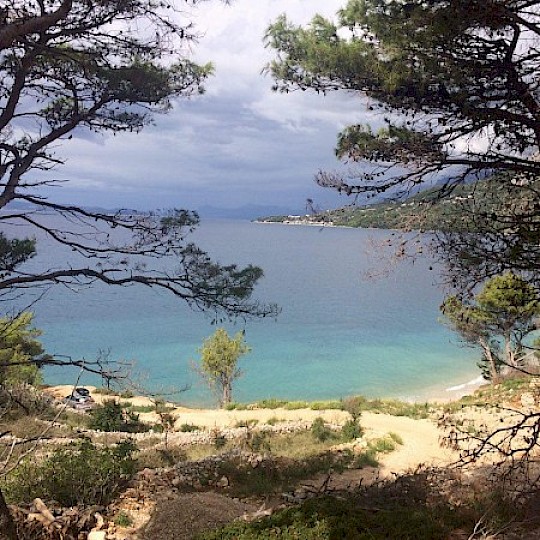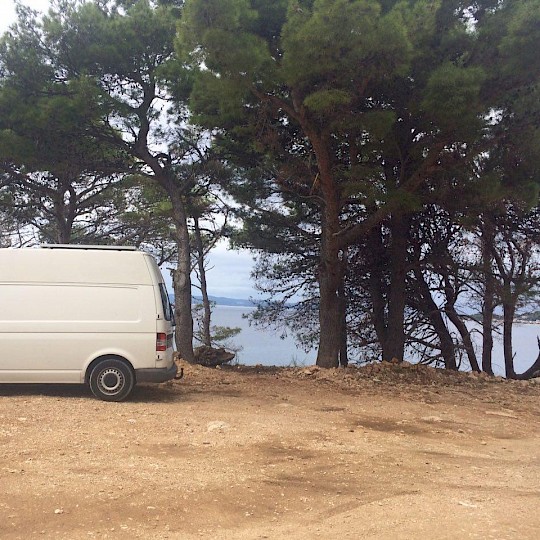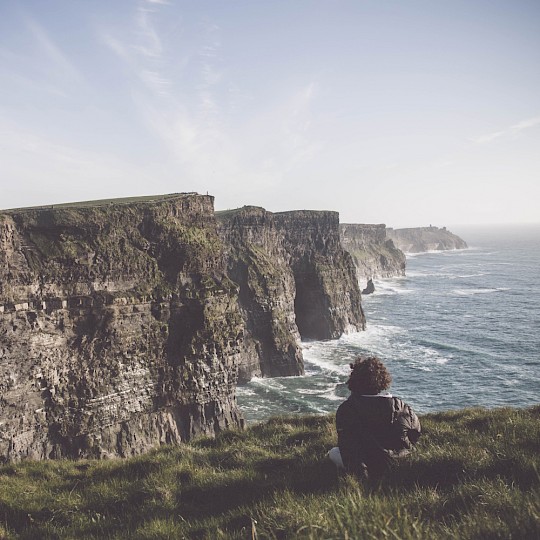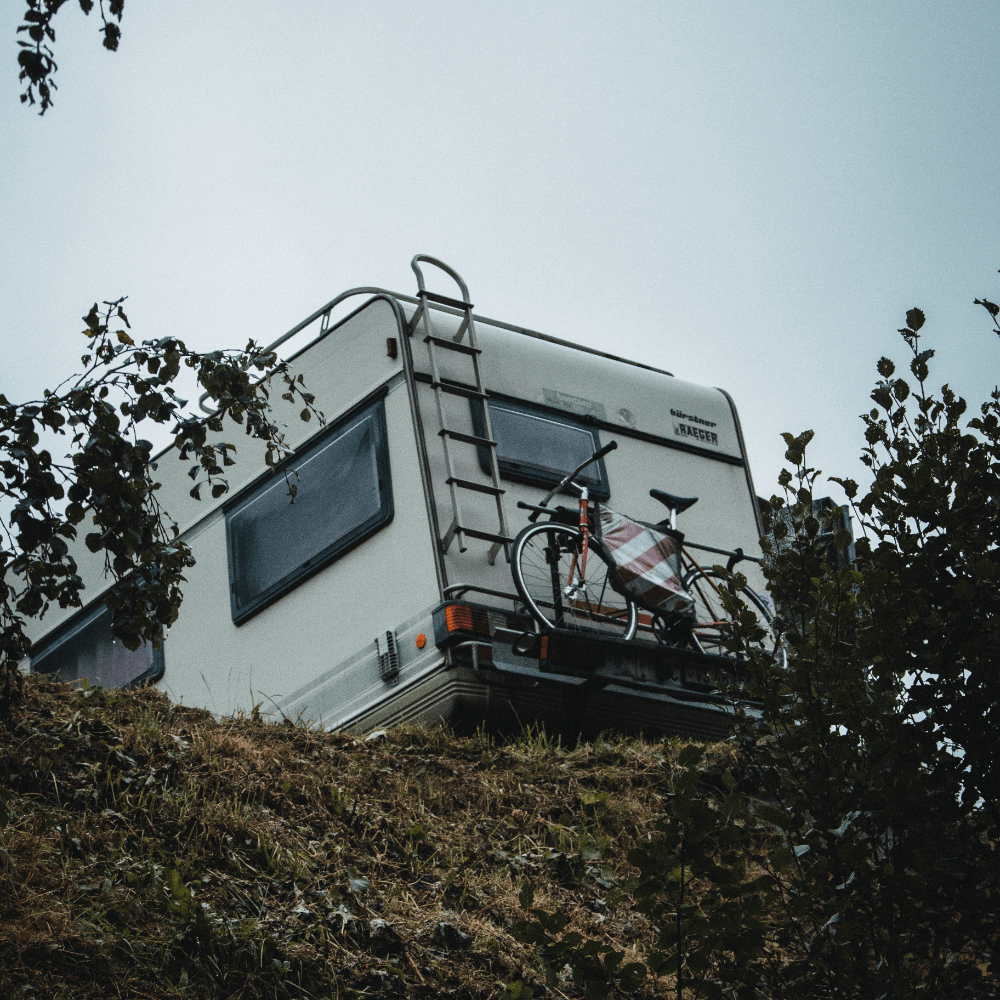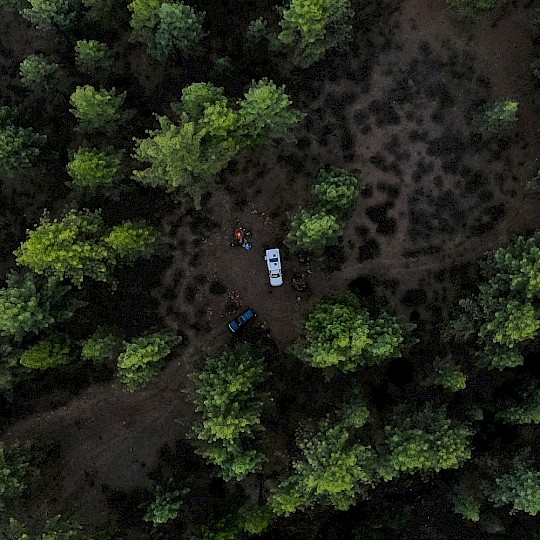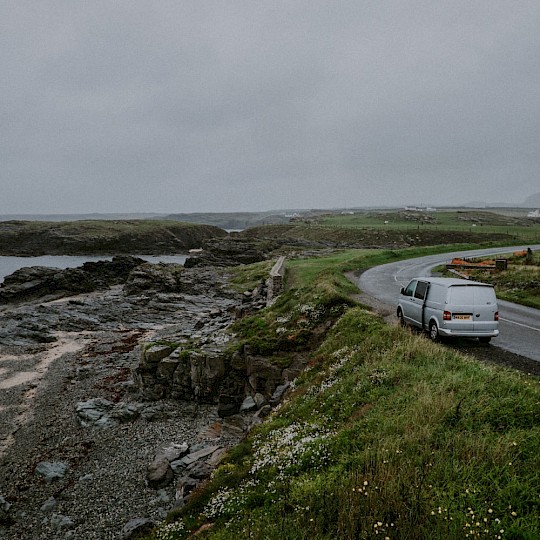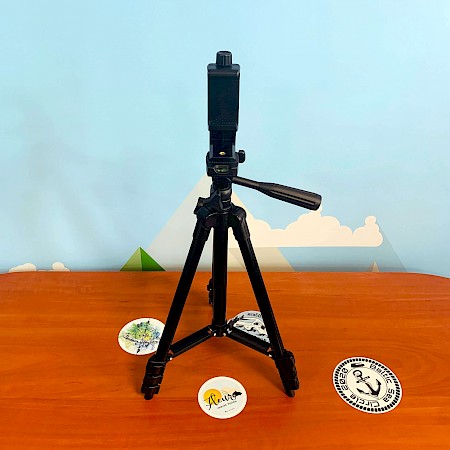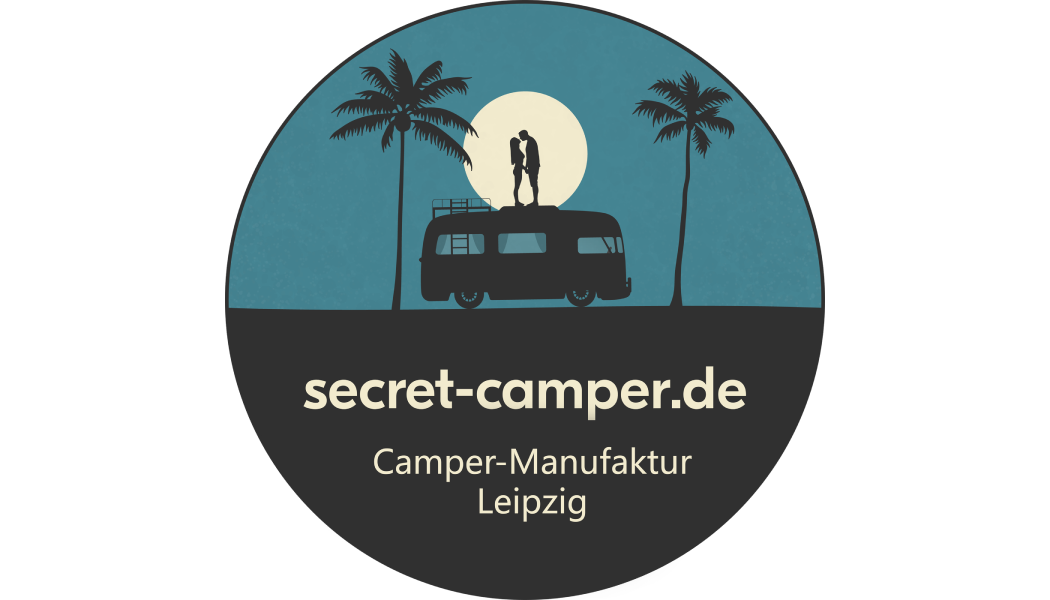Fact #1 - 101 Dalmatians
The Dalmatian dog breed comes from Croatia. More precisely from the region of Dalmatia, which is where they got their name.
Fact #2 - Natural wonders
Almost 10 per cent of Croatia consists of nature parks, national parks and nature reserves. So you can explore a lot.
Fact #3 - Pure sunshine
Southern Croatia has an average of 2670 hours of sunshine per year. That's more sunshine than Sydney in Australia.
Fact #4 - On the move
The "Golden Horn" beach consists of many pebbles and changes its shape depending on the current and wind.
Fact #5 - The White House
The White House is known worldwide. The stones with which it was built come from the Croatian island of Brač.
Fact #6 - Sea of islands
Croatia has 1,246 islands, of which only 47 are permanently inhabited. The largest islands are Cres, Krk and Brač
Fact #7 - Smallest city in the world
The town of Hum holds the title of "smallest town in the world". Between 20 and 30 people live in this town.
Fact #8 - Tie
Croats invented the tie, which used to be part of the uniforms of the Croatian army.



